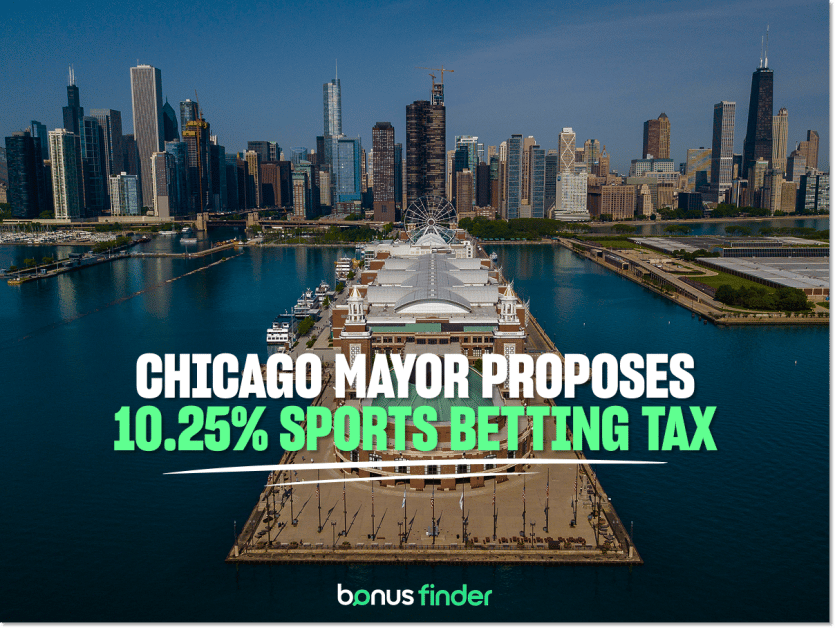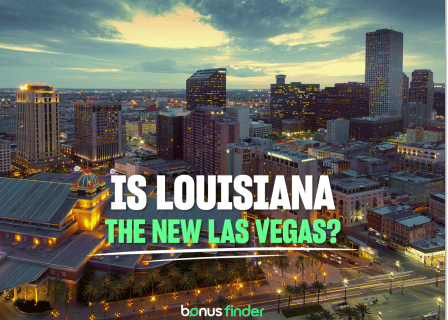In addition to the existing state-level tax and surcharge regime in Illinois, the Chicago Mayor – Brandon Johnson – is proposing a local tax hike on sports betting with the proposal being part of the 2025/26 Protecting Chicago Budget plan. BonusFinder, a sportsbook bonus and casino bonus comparison site, reveals the latest.
Johnson’s plan includes a 10.25% tax on the adjusted gross revenue of sports betting operators in the city. The scheme was entered as part of ‘Priority 6: Balance an equitable budget’.
Chicago is looking for new streams of revenue to shore up its budget and using sports betting as a target means tapping into a rapidly growing market. The proposal has claimed that $48bn has been wagered in the last five years.
Other key elements of the manifesto include an updated tax structure for the city’s transport network, an adjustment to Personal Property Lease Tax, alongside a surcharge on Chicago’s largest employers.
Recreation taxes (a tax placed upon businesses in gaming, liquor, cannabis and similar fields) are expected to rise 15.8% from the 2025 budget in comparison to the 2026 proposal.
Why sports betting is being targeted in the Chicago budget
This means that combined tax burden on operators for bets placed in Chicago could exceed 50% of revenue in some cases.
The city government ultimately sees sports betting as not simply a means of entertainment or regulation, but as a meaningful source of public revenue through this proposed tax.
What has perhaps been overlooked is the fact that betting revenue can fluctuate, just as much as prices and odds. Sport seasons, market saturation and regulatory changes can switch in a flash so relying on it for stable funding may prove a risky strategy.
High tax rates may influence operator behavior, potentially leading to a variety of different habits. Minimum bets, fees charged to customers, decisions about marketing or even withdrawal from markets, for example.
“To make Chicago more affordable for working families, the Protecting Chicago Budget advances a fair and balanced revenue strategy – one where everyone contributes in line with their capacity,” claimed Johnson.
“Based on our citywide Budget Engagement Survey results, residents prioritized new revenues from a community safety surcharge, online sports wagering and increased vacant building fees,” stated the 57th mayor of the ‘Windy City’.
What a proposed sports betting tax means for Chicago
After the state of Illinois imposed a new tax on wagering back in July, the latest proposition will hit the third-largest city in the United States.
Some operators such as Fanatics have imposed transaction fees on players, with others implementing minimum wagers and other different approaches.
As a result, questions of local versus state authority have been raised. A bill has been introduced in the Illinois state legislature to block cities from imposing their own taxes on sports betting.
A trend of municipalities could look to capture their ‘share’ of revenue sources directly linked to gambling and entertainment.
Should these taxes be considered too high, bettors may be tempted to migrate to other states or underground black markets, particularly if operators do not scale back.
Critics could argue that such taxes disproportionately affect lower-stakes gamblers or push players into unregulated alternatives. However, it’s clear to see that attitudes have changed.
Gambling was previously more heavily regulated and a taboo subject, but could now be seen as a legitimate source of municipal funding.









